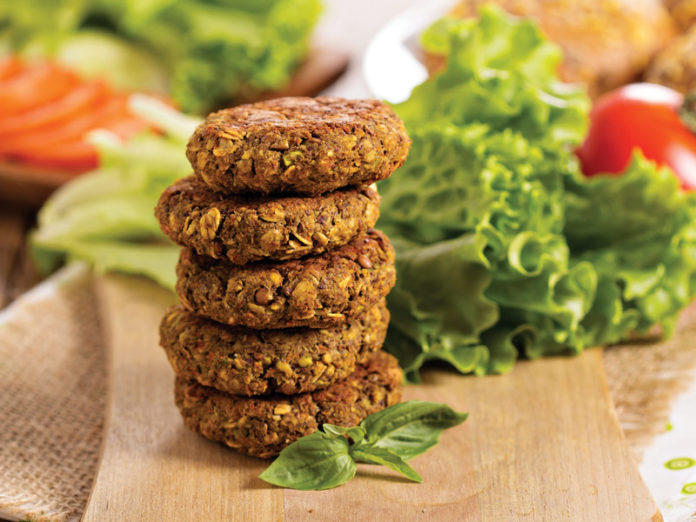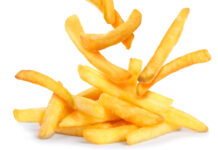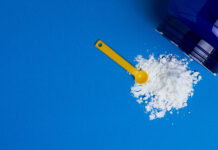
If you have decided to take meat or animal products out of your diet but think you won’t get enough protein to support training, fear not, there are vegetarian alternatives. Vegetarians can build strong, lean muscle mass, just like a carnivore.
Here are some tips to getting that muscle building protein that a vegetarian needs. Remember, as your training demands increase, so do your demands for quality protein.
TIP #1:
EAT QUALITY FOOD SOURCES
Eat wholesome foods loaded with nutrition. This way, you are getting protein and an assortment of vitamins and minerals. Peas contain a comparable amount of protein to a glass of milk and are loaded with vitamin K, manganese, B vitamins, phosphorus, folate, zinc, and magnesium.
Protein packed chickpeas offer a powerful source of iron to keep energy levels up. Other great vegetarian protein sources include black beans, nuts and nut butter, tofu, tempeh, lentils and edamame.
Food Protein Measure Chart
- 1 cup of Tempeh = 30g protein
- 1 cup of Soybeans (tofu) = 28g protein
- 1 cup of Lentils = 18g protein
- 1 cup of Chickpeas, black beans, garbanzo beans = 14.5g protein
- 1 oz. of Hemp = 11g protein
- 1 cup of Quinoa = 11g protein
- 1 cup of Green peas = 9g protein
- 2 Tbsp. of Nut butter (almond, cashew) = 8g protein
- 1 oz. of Nuts (peanuts, pistachios) = 6.5g protein
- 1 oz. of Sesame seeds = 6.5g protein
TIP #2:
TRY ALTERNATIVES TO WHEY
Whey protein powder is a fast and convenient source of protein. If you would rather not have dairy in your diet, fret not, there are options. Consider egg protein powder. It’s quick digesting and highly bio-available. This means your body is very willing to break it down and use the amino acids it provides. Egg protein powder is an ideal choice post workout.
Soy protein is a common choice among vegetarians. It’s a clean source of protein, almost 100 per cent pure protein, with very little carbs, fat or cholesterol. Just take care to read the label. Some soy manufacturers include dairy or fish in their product, so you’ll want to ensure that isn’t the case.
Pea protein powder is another option, is cholesterol free and easy to digest. Hemp is a superfood source of vegetarian protein. It’s also available as a powder or hemp hearts. You’ll find more fibre, omega 3 fats, and calories in this choice, so it’s ideal for powerful muscle growth.
Shake it up, add it to baking, or stir it into your morning bowl of oats — you’ll have your protein needs met in no time.
TIP #3:
BE A SMART VEGETARIAN
Just because you’re a vegetarian doesn’t mean you don’t have to watch what you eat. If you fill your diet with processed carbs, unhealthy fats and convenience foods, you won’t be gaining lean muscle. On the flip side, it is vital you aren’t just eating salads and berries all day, either. Do this and you’ll be deficient in calories, healthy fats and a number of nutrients including iron, calcium, zinc and B12.
Make sure to include beans, lentils, legumes, nuts and seeds, tofu, quinoa, tempeh, and seitan in your diet. All of these will supply you with quality nutrients and protein.















